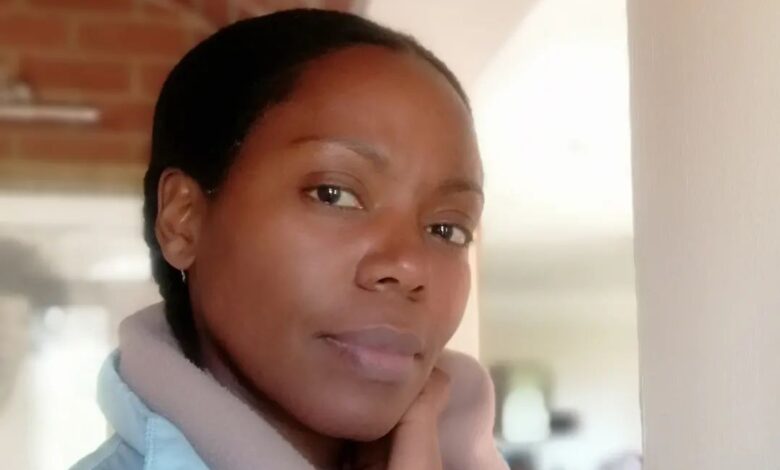Veteran Actress Xolile Tshabalala Joins Skeem Saam

Veteran Actress Xolile Tshabalala Joins Skeem Saam. Skeem Saam has decided to beef its cast with s massively experienced talent. Xolile Tshabalala has joined the hit SABC1 educational drama, and it’s all excitement on social media.
The veteran actress and film director will play the compelling role of a Prosecutor in the highly anticipated legal case involving Leeto Maputla (played by Eric Macheru). This gripping storyline revolves around Leeto’s trial for the shocking murder of the infamous loan shark, Dragon. Months back Leeto, in a desperate attempt to save innocent lives, courageously shot Dragon during an intense hostage situation at his business establishment, Bazaruto.
Xolile as the prosecutor is determined to put him behind bars and will try to convince the court that Leeto should be sentenced to prison for the murder. She is set to make her first appearance on Monday, 30th October.
“Rumor has it I will be on skeem Sami soon. Hope you enjoy it. Like my Afro I rise. Proudly self, proudly African that is all I can be. Vuma dlozi lami,” Xolile announced her upcoming acting gig.




